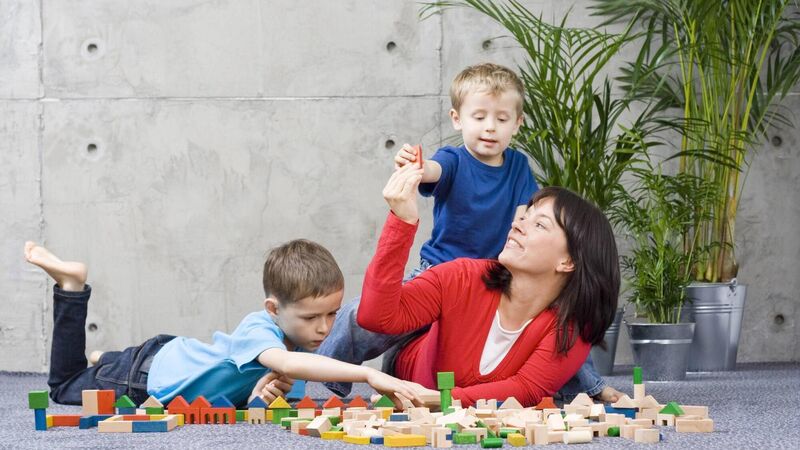Joanna Fortune: I worry my young children are missing out because I'm so tired

Pic: iStock
Try from €1.50 / week
SUBSCRIBEMy new job is stressful and demanding. I’m exhausted when I pick up my two children — aged one and three —from the childminder. Of course, they want to play with me and have cuddles but I’ve so much to do before their bedtime, I tend to give them the bare minimum — 15 minutes. They seem to be happy with this arrangement, but I feel they are missing out on a proper childhood.
This is the most common thing I hear from busy working parents in my clinical practice. It’s been said so often over the years that it formed the basis of my 15-Minute Parenting programme, advocating quality over quantity time together.
Already a subscriber? Sign in
You have reached your article limit.
Annual €130 €80
Best value
Monthly €12€6 / month
Introductory offers for new customers. Annual billed once for first year. Renews at €130. Monthly initial discount (first 3 months) billed monthly, then €12 a month. Ts&Cs apply.
CONNECT WITH US TODAY
Be the first to know the latest news and updates
Newsletter
The best food, health, entertainment and lifestyle content from the Irish Examiner, direct to your inbox.
© Examiner Echo Group Limited